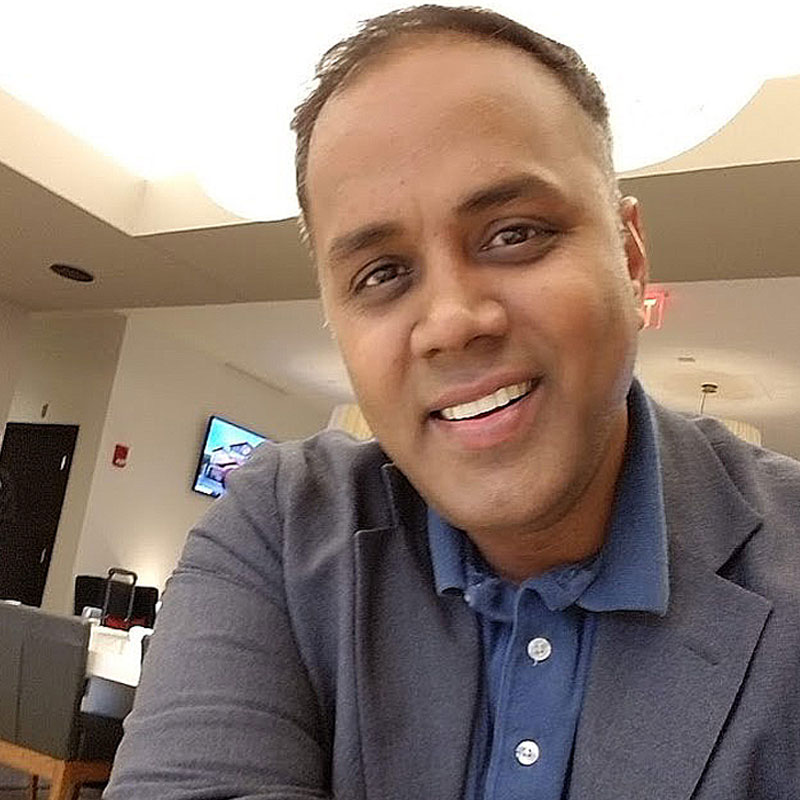News Story
For Women Engineers: Eight Steps to Success
 By Penny Stein, BSME, MBA
By Penny Stein, BSME, MBA
Has it really been thirty-some years since I was a newly minted UMD mechanical engineering graduate? I remember feeling so proud of my accomplishment and ready to conquer the world—a little scared maybe, but ready to make my mark.
Today, I’m a mother of three: two recent college grads and one, a mechanical engineering student, a year away from that big date. Coaching my three young adults through the transition from college to professional life has been a wonderful—if stressful at times--part of parenting. I have watched each grow more in that final year of college than in the first three years put together. I’m proud to say that what started out as a journey of flailing steps has resulted in polished, self-confident, young professionals ready to make their ways in the world. Watching their metamorphoses has been thrilling; indeed, it’s provided my greatest feeling of accomplishment as a parent.
Now, I may be pushing things a bit here, but what if they’d had my advice in hand, in the form of easy-to-consult guidelines? Perhaps they wouldn’t have read them. Nevertheless. the “engineering mom” in me wants to share what I’ve learned with you. I hope you find it helpful!
1. Embrace Your Uniqueness
You do not need to fit a norm; in fact, there is no norm!
It’s true that engineering has long been a male-dominated field. Although women are making great strides in the engineering world, we are still in the minority (in 2017 only 20% of undergraduate engineers were women). Given these circumstances, it can be easy for a female engineer to question how she fits in.
However, I have seen first-hand the positives that women engineers can bring. Engineering benefits from inclusivity and diversity; multiple perspectives foster innovation. Women often demonstrate distinctive styles of communication, collaboration, and problem-solving that can be incredible assets to a team. Be confident: there is definitely a need for you in this field!
Many successful women engineers cite two particular attributes—an ability to bring people of diverse backgrounds together to share a goal, and an ability to keep a project on track and moving forward—as key components to their success. In my own career, these two skill sets have been incredibly helpful.
2. Develop a mentor relationship with someone who inspires you
There is nothing like a mentor relationship to motivate, inspire, and assist you as you follow your academic or career path. Having a mentor during college provides a sounding board for class selection and career advice, and can help you obtain a door-opening letter of recommendation when job seeking after college. Often, a mentor can link you to opportunities and people you would not otherwise have access to.
Beyond college, a mentor relationship helps you more quickly learn “the ropes” at the office and may help you avoid unnecessary mistakes. A mentor has your best interests in mind, is your cheerleader when you need one, and your advisor even when you don’t know you need advice.
3. Fit in time to explore learning just for learning’s sake
You’ve heard it before: college is a time to expand your horizons and learn about really interesting stuff. But we engineers are faced with a challenging workload, and fitting in all those classes into four years is pretty tough.
Nevertheless, allow yourself the opportunity to take a class that you just think sounds great. You’ll be glad you did. Well-rounded people are assets to have on a team in a professional setting. And don’t stop learning after college. Take the time to learn about cutting edge technology in the field of interest to you. Join a professional organization, listen to podcasts while driving to and from work, walking the dog, or working out. Go back to school for an advanced degree—a master’s in engineering, perhaps, or a business degree. Learning keeps life interesting. Just do it!
4. Get to know yourself then find your career fit
The good news: an engineer is equipped to do almost anything. The bad news: an engineer is equipped to do almost anything! This can make for an overwhelming situation when it comes to finding a career path.
My advice is twofold: be introspective, and get to know yourself first. Then start with the end in mind when searching for a career fit.
"Engineering benefits from inclusivity and diversity; multiple perspectives foster innovation. Women often demonstrate distinctive styles of communication, collaboration, and problem-solving that can be incredible assets to a team. Be confident: there is definitely a need for you in this field!"
Peggy Stein (BSME, 1986)
Don’t wait until you are in crunch time, trying to develop your resume and prep for those penetrating interview questions. Find a quiet time to sit back and write out a list of your strengths and weaknesses. Ask those who know you best--a trusted college professor, your college friends, your mom or dad! Yes, I did say this. It is often a harder task to see ourselves objectively than it is to see traits in others. Who knows you better than your mom or dad?
When seeking a career fit, determine what you want to do before you decide who you want to work with. Do you want to develop autonomous driving vehicles or drones? Do you want to pioneer sustainable farming methods that feed the world while reducing our carbon footprint? Do you want to craft code that will keep hackers out of our nation’s most critical digital information? Determine what most interests you; after all, you will be spending a good part of your waking hours in your future career life. Then pursue the cutting edge companies doing just that.
And when you land an interview, don’t leave without making it clear to the employer that YOU WANT THIS JOB. Employers want to see your passion.
5. Network, Network, Network
Start your network now while in college. Find out where UMD alumni are working in the world beyond college, especially in the companies you admire or areas of industry/research you are interested in. Then reach out for an informational interview. These aren’t hard to set up: after all, you’re not pressuring anyone for a job (not yet anyway), and you can offer to pick up the tab if you grab a coffee or sandwich. You will hone your communication skills and learn tons about the industry and what employers are looking for.
Your network is a valuable source of friendship and career building opportunities. Even after you are settled into your first job, it is still critical to maintain and continue to develop your network. You never know who you will meet or what opportunity may present itself.
Be active outside of the office. Join a professional organization, Go to conferences. Not sure which one? Just pick one and join! There are so many benefits: keeping in touch with like-minded career professionals, learning about cutting edge technologies or world problems in need of solutions, networking opportunities, social opportunities, opportunities to give back to the community, opportunities to mentor young people.
6. Give Back
With life experience comes wisdom, often gained from hard work, lucky breaks or painful mistakes. Consider sharing your hard-won wisdom with someone who would benefit. Tutor a student, mentor a young person, participate in a community program, inspire young girls in STEM.
I recently read bios of the top 39 women in engineering. The one noticeable commonality is that they all are paying it forward. They are all involved in one way or another helping young people be successful. Why not make the world a better place?
7. Life is full of seasons, so welcome the changes they bring
You start out free and unencumbered focusing on your career, where you want to live, the best fit job for you. As you move along, you may find a life partner, you may decide to raise a family, you may decide to take some time off to raise that family, or perhaps to travel the world, or to go back to school. Allow yourself the freedom to make changes. Don’t be afraid to reinvent yourself. You have the tools in your toolbox; you may just need to find a different place to use them. Trying new things can be a great way to create life balance and grow in new ways.
8. Don’t be afraid to “fail”
Yes, Engineering is a challenging college major. If you are like most of us, you will at times feel overwhelmed or not smart enough. Don’t let these feelings control you!
Instead, make some changes. Get to know your TA. Join study groups. Get tutoring help.
Have coffee with a fellow engineer. You will quickly realize your moments of doubt are shared by your friend too. As I tell my newly minted college graduate children, “Don’t be afraid to take chances. There is no such thing as failure because we learn from these mistakes.” Life is full of decisions, forks in the road, you don’t really ever know if you made the right choice. What is the “right” choice anyway?
As long as you are learning, moving forward in some way, and happy, you probably made the right choice. Life is a balance, and you just have to do your best. Have the courage to follow your instincts and trust in yourself. You’ve got this!
Penny Stein is a 1986 graduate of the University of Maryland, with a B.S. in mechanical engineering. She is the lead math and science teacher at Hunter Classical Christian School. The views expressed in this article are her own.
Published August 20, 2020









